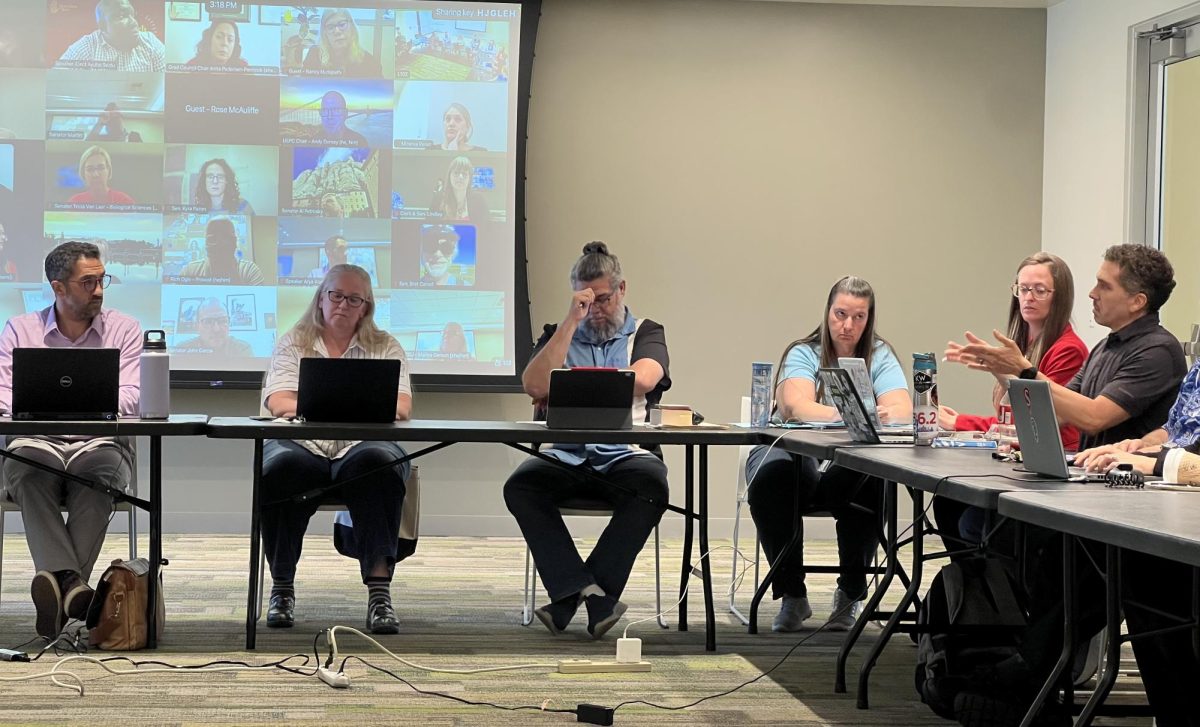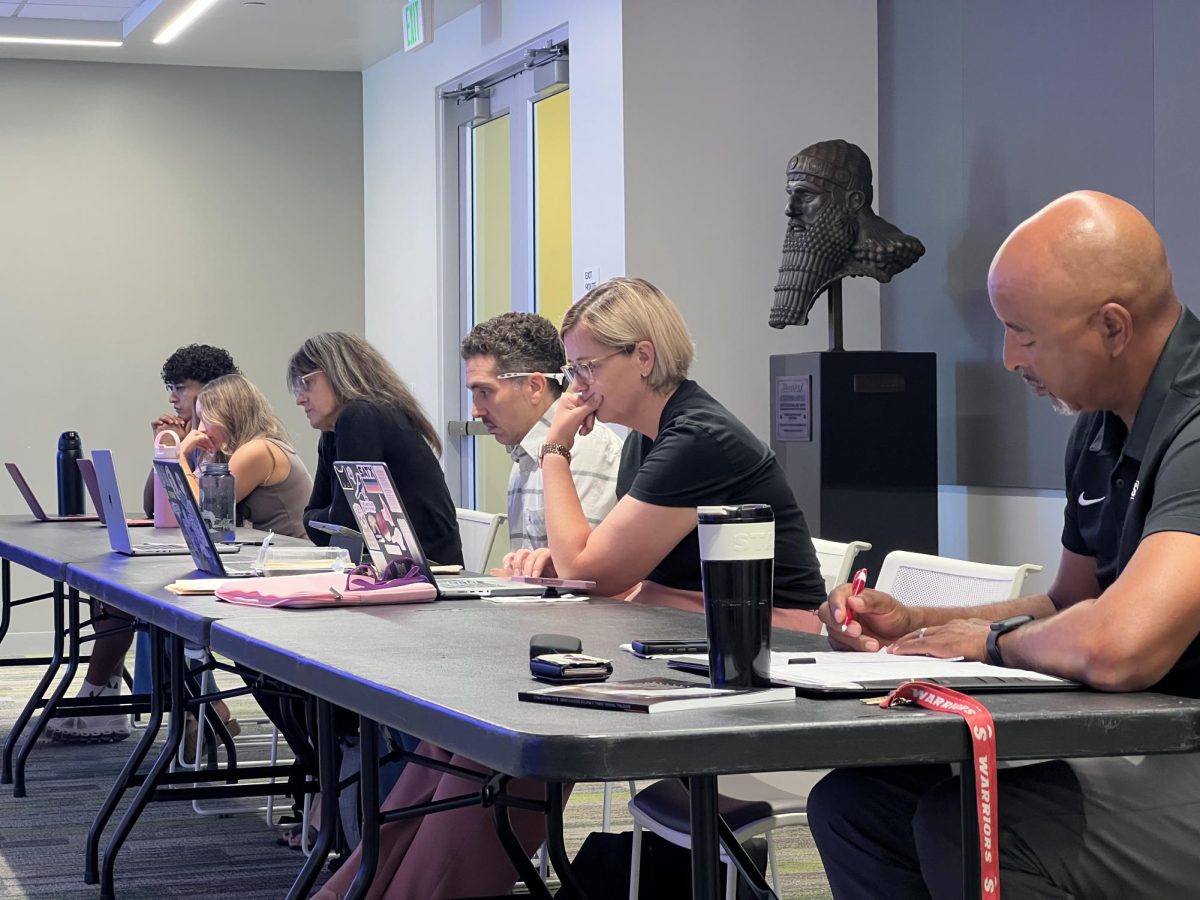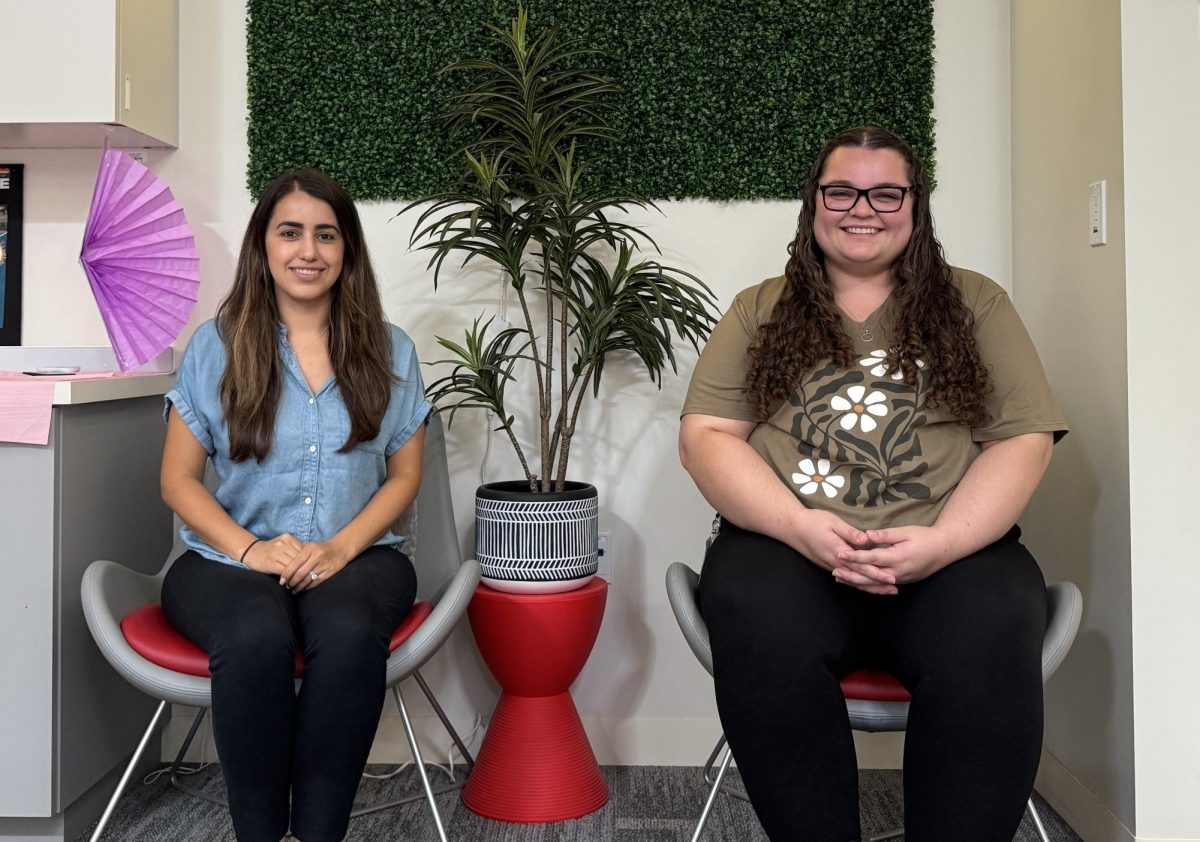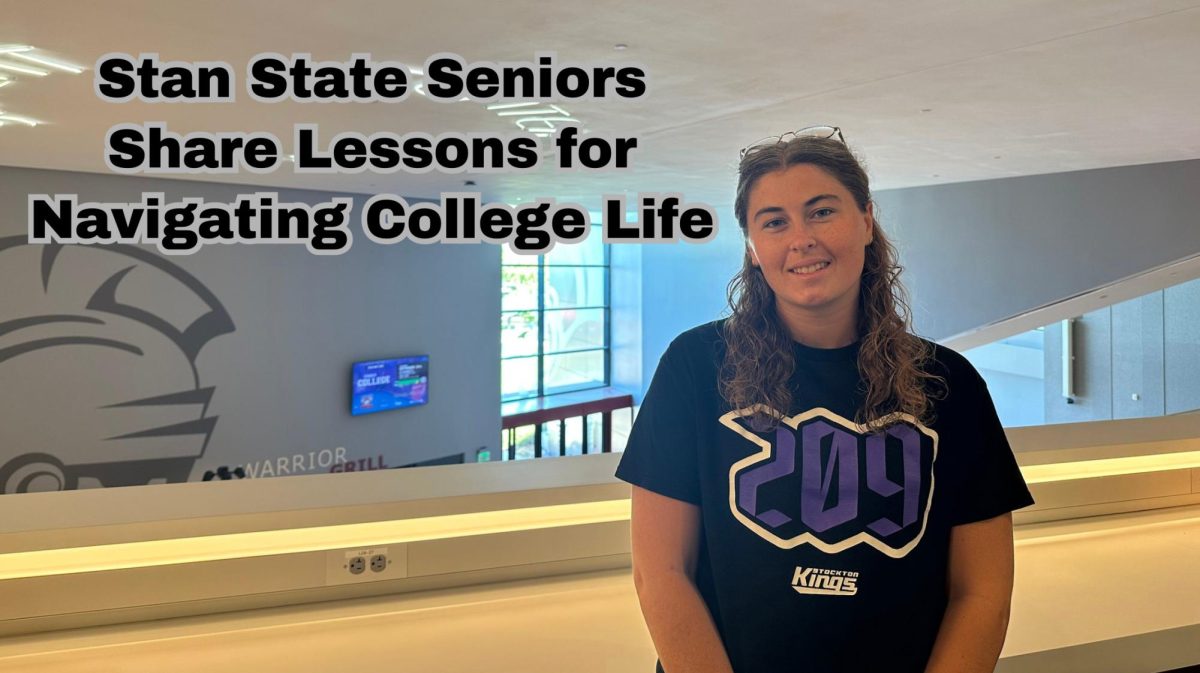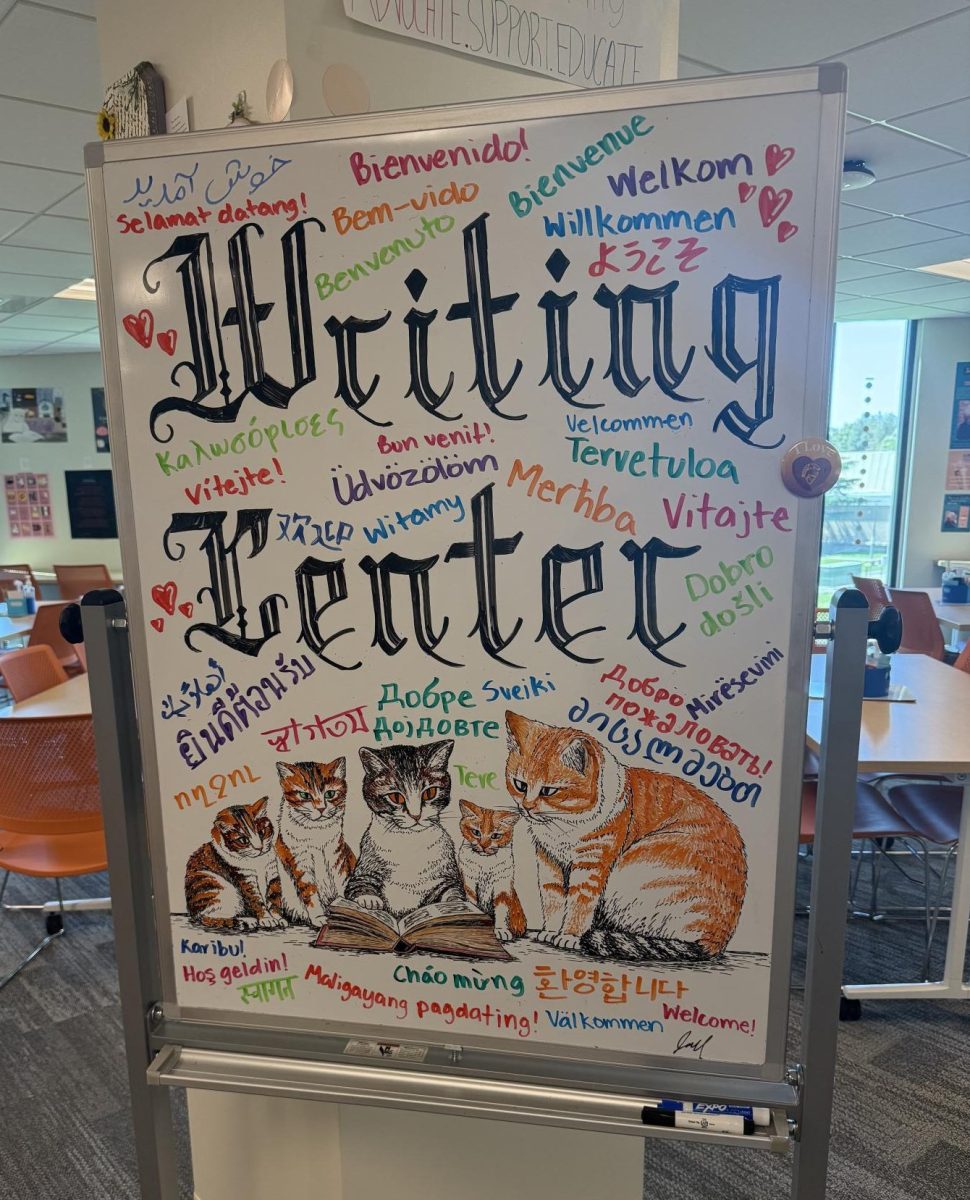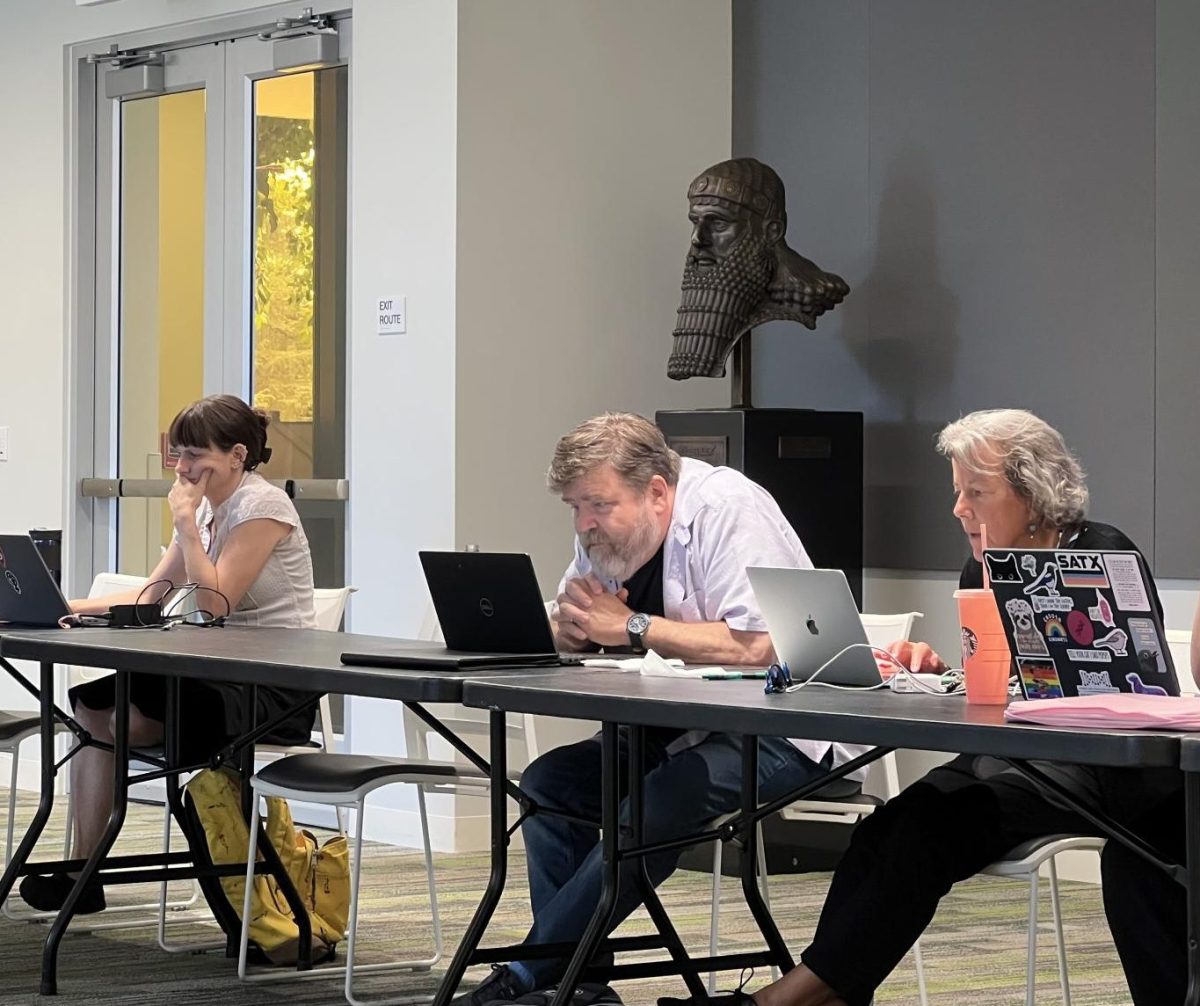Throughout my grad school journey, there have been serendipitous moments assuring me that I am ready to take this next step. Talking to Stan State’s Associate Dean of Students Dr. Clarissa Lonn-Nichols was one of those moments for me.
In talking with her and listening about her road to her masters, for which she attended Clark University in Worcester, Massachusetts, one big thing came through. She kept coming back to this idea of taking that leap of faith and being open to those opportunities that can propel you towards your dream.
How did you decide to go to grad school? How did you know it was the right choice for you?
I knew in junior high that I wanted to be an attorney. My parents were huge into history and current events and politics, so lots of talking about world, national and local events. My parents told me that if you want to affect change you get involved in government, in service, and or you can become an attorney and become an expert in influencing laws. I thought about who makes the rules and what makes things just and unjust.
It was not easy getting to college and figuring out how to get there. My parents didn’t go to a four-year university. But I got to Stan State [for my bachelors] through Efren Galvan who was an outreach coordinator. He came to my high school, Johansen High School. I met with him and he asked if I considered Stan State. I knew I wanted to go there but I didn’t know how I would pay for it. I got there with grants and scholarships, majored in political science and I loved it.
Dr. As’ad AbuKhalil was the one who really helped me understand what the pathway to grad school looked like. He asked me what I wanted to do, and I started to work towards my end goal.
I got really involved on campus my last few years. I joined Phi Sigma Sigma, I got involved in Leadership, ASI. I started loving the university and the teaching that happens.
I was guided towards my job at Worcester Polytechnic Institute. I applied, was flied out for an in-person interview. It was a full day of interviews and I knew at the end that I was going to take it. My middle school plan was upended, but I went for it. As much as I plan everything out, I will always be eternally grateful that this is how things turned out.
What are the benefits of grad school?
Besides the knowledge that you gain, your writing improves, your critical thinking improves. There’s something very special about graduate school. There aren’t as many boundaries as say the G.E.’s in undergrad. In graduate school it’s this passionate emersion and your knowledge is enhanced significantly and deeply.
When asked about how much one should invest in themselves, I always say take your leap of faith. For me, the experience was so far beyond what money could even buy. It wasn’t just the learning. It was the learning, the people, the access to the jobs I wouldn’t have had without it. You invest in yourself, and not in a selfish way and not in a way where you’re not helping your community.
It’s a very personal choice. Not everything can be tied to a dollar. The love of learning the love of helping students or teaching or coaching or advising, those are all limitless things that, for me, you can’t put a price tag on that to be able to do that for a living.
How should students which program they want to pursue?
Worry about money secondarily. First think about what you love learning about. What’s of interest to you. That should give you a pretty good idea of helping you then explore programs. The one thing you can do is be curious.
What classes to they offer? Who are the faculty members? Do they have a thesis program? Look at the numbers. Look at programs close by and then find a few dream schools.
Explore your interests. That’s free.
What steps should be taken to get to know a program’s faculty?
In this new environment of virtual modalities, yes it can be intimidating, but because everything is virtual it takes a little bit of that away. Take advantage of the fact that you can just email or zoom.
Get to know the faculty that you admire, those in the field or discipline that interest you, and ask them about their experiences. None of us are short-winded and don’t want to talk to you about what we do. That makes our day.
Tip for Stan State: get involved in Faculty Mentor Program. Look for research opportunities. Look into the Signal and Penumbra. It is hard to see what other students are involved in right now but reach out to people you know who can connect you.
How would you recommend to go about the application process?
What you know what school is appealing to you, take advantage of the online environment. There are so many new tools for students that have come out of this situation.
First. What are the dates and deadlines? Requirements? Do you need GRE scores? Things like this will require you to plan backwards. Are these things going to be ready before your application’s due date.
Think about the letters of recommendation. Get academic letters, but also consider personal recommendations that will shed a light on how you will interact with the cohort.
Any good resources to take advantage of here at Stan State to help you get started?
One good resource is the faculty in the department related to your graduate program. This is that coaching or mentoring component.
Another big resource on campus is the Center for Excellence in Graduate Education. They focus on the success of masters and doctoral students from application to graduation.
Academic advisors can also provide a lot of good insight. They can provide you with things to consider, connections, people to talk to.
The McNair program… If you join that program, you are paired right away with a faculty mentor during your undergrad that helps to get you through to graduate school.
Get involved. There are some wonderful programs that prepare you for success. There are programs mentored by faculty and staff that help students think about life after an undergraduate degree.
What are some ways to help fund their education that students should look into?
The Financial Aid and Scholarship office is a good one. Check out the programs you’re applying to and look at their financial aid.
Also look at the academic programs and if they offer assistantships. Part of my package was a meal plan that allowed me to eat at any of the dining halls. They also helped pay for my health care, so I would say that there are other things to look at in terms of compensation.
There’s lots of different ways and different programs that can really help those of us coming from the Central Valley with humble beginnings.
Don’t get overwhelmed by the money first. Look at what your resources are and then look at “how do I want to make this work,” and “who can help me”.
Categories:
Grad School Chronicles: Dr. Clarissa Lonn-Nichols
Bobbi Solano
•
December 18, 2020
Dr. Lonn-Nichols after receiving her doctorate here at Stan State. (Photo courtesy of Dr. Clarissa Lonn-Nichols)
0
More to Discover



